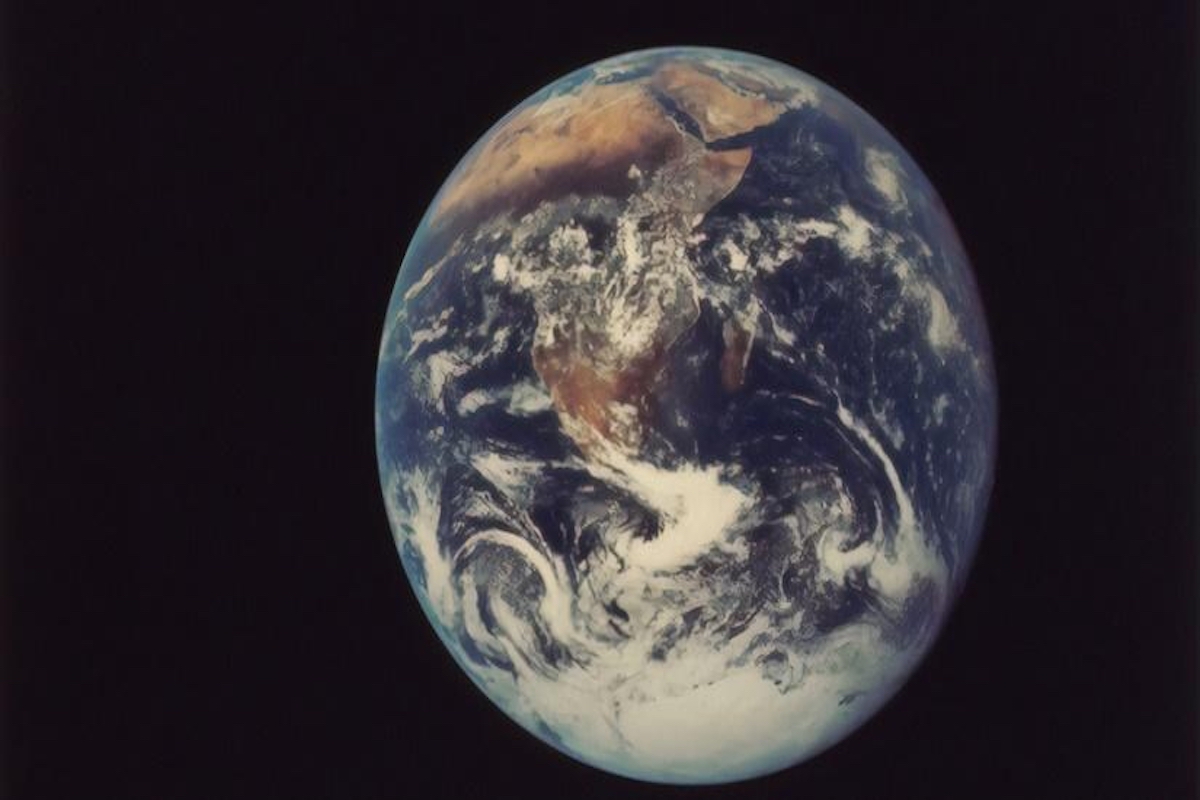Crisis Escalates
As Earth continues to spiral into a climate crisis, the recent revelation of March 2024 marking the 10th consecutive month of record-breaking heat should serve as an unignorable wake-up call.
On July 29 the Earth set a new record for the shortest day by completing a full rotation on its axis in 1.59 milliseconds less than the standard 24 hours.

Earth completes rotation in less than 24 hours; sets record for shortest day
On July 29 the Earth set a new record for the shortest day by completing a full rotation on its axis in 1.59 milliseconds less than the standard 24 hours. The speed of the rotation is increasing recently but the reasons are currently unknown.
Back in 2020, the Earth saw its shortest month that has ever been recorded since the 1960s. On July 19 of that year, the shortest of all time was measured. It was 1.47 milliseconds shorter than a typical 24-hour day.
Scientists aren’t exactly sure what is causing the slightly faster rotation but speculate it could be linked to climate change, tides, or even the Earth’s layers.
Advertisement
Irregular rotations create the need for something known as a leap second, a second added to the Coordinated Universal Time (UTC) that keeps our clocks as close to solar time – the movements of the sun – as possible.
However, according to Interesting Engineering (IE), a 50-year phase of shorter days may be starting right now.
Some researchers also believe that this could be related to the movement of Earth’s geographic poles across its surface, known as the “Chandler wobble”. In simpler words, this is similar to the quiver one sees when a spinning top starts gaining momentum or slows down, according to scientists Leonid Zotov, Christian Bizouard, and Nikolay Sidorenkov.
Experts say the ‘Chandler Wobble’ – a change in the spin of the Earth on its axis – may be to blame. Dr. Leonid Zotov, of the Sternberg Astronomical Institute, Moscow, said: ‘The normal wobble amplitude is about four meters at Earth’s surface, but from 2017 to 2020 it disappeared.’
There are other factors that can impact the length of Earth’s days including snow building up on the mountains in the northern hemisphere in winter and then melting in summer.
Global warming is also considered to have an effect by melting ice and snow at a faster pace.
The International Earth Rotation Service in Paris monitors the planet’s rotation and will tell countries when leap seconds must be added or taken away, giving them six months’ notice.
Advertisement